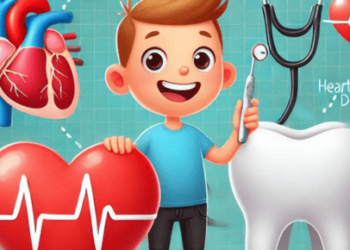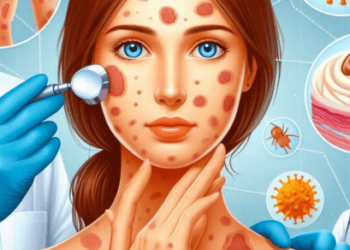Plenty of myths have been passed down over the years about taking care of our eyes, often leading to confusion about maintaining good vision. You might have heard warnings about sitting too close to the TV or that munching on carrots can give you perfect eyesight. These misconceptions can mislead us away from effective eye care. It’s time to clear the air! Whether discussing eye doctor in Austin, TX, or looking for ways to improve your vision, distinguishing fact from fiction is essential.
Let’s examine some of the most common myths about eye health so you can focus on what really supports your eyesight.
Myth 1: Sitting Too Close to the TV Can Hurt Your Eyes
Reality: While being close to the TV might cause discomfort or strain, it doesn’t lead to any lasting damage. This misconception likely started with earlier televisions that released some radiation. Modern displays, fortunately, are far safer.
If you or your child enjoy sitting close, it’s a good idea to encourage a bit of distance to minimize strain, but there’s no need to worry about long-term harm.
Myth 2: Reading in low light will cause your vision to deteriorate.
Reality: Reading in low light can make your eyes work harder, which might cause temporary fatigue, but it won’t result in permanent damage. Reading in a well-lit area is always wise to make your experience more comfortable. Remember to take breaks and adopt good eye care habits to help reduce strain.
Myth 3: Carrots Will Give You Perfect Vision
Reality: While carrots are loaded with vitamin A, crucial for maintaining healthy eyes, they won’t magically correct vision issues like nearsightedness or farsightedness. Eating a balanced diet that includes a variety of foods, such as leafy greens and fish, is key for eye health. Carrots are beneficial, but they aren’t the miracle cure that some believe.
Myth 4: Wearing Glasses or Contacts All the Time Is Bad
Reality: There’s a common misconception that wearing glasses or contacts makes your eyes “lazy” and may worsen your vision over time. In truth, using corrective lenses as prescribed helps you see clearly and doesn’t weaken your eyes.
Myth 5: UV Rays Are Only Dangerous on Sunny Days
Reality: UV rays can be harmful to your eyes, even when it’s cloudy. Extended exposure can increase the risk of issues like cataracts and macular degeneration. It’s important to wear sunglasses that provide 100% UV protection year-round, no matter the weather.
Myth 6: Eye exercises can be used in place of glasses.
Reality: While some eye exercises might strengthen eye muscles and help with certain conditions, they won’t correct refractive errors like myopia or hyperopia. The most reliable solutions for these vision issues are glasses, contacts, or corrective procedures like LASIK.
Myth 7: Rubbing Your Eyes Is Harmless
Reality: Rubbing your eyes can irritate the delicate tissues and introduce germs, increasing the risk of infection. Regular rubbing may also weaken the cornea and lead to issues like keratoconus. If your eyes are itchy, consider using artificial tears or speak with your eye doctor for safer alternatives.
Understanding the truths behind eye health is essential to protecting your vision and making informed choices about care. While seemingly innocent, many myths can lead to unnecessary worry or neglect of proper eye care practices. Don’t hesitate to contact a qualified eye doctor in your area for tailored advice.
By staying informed and proactive, you can preserve your vision for years and put those myths in the past.













